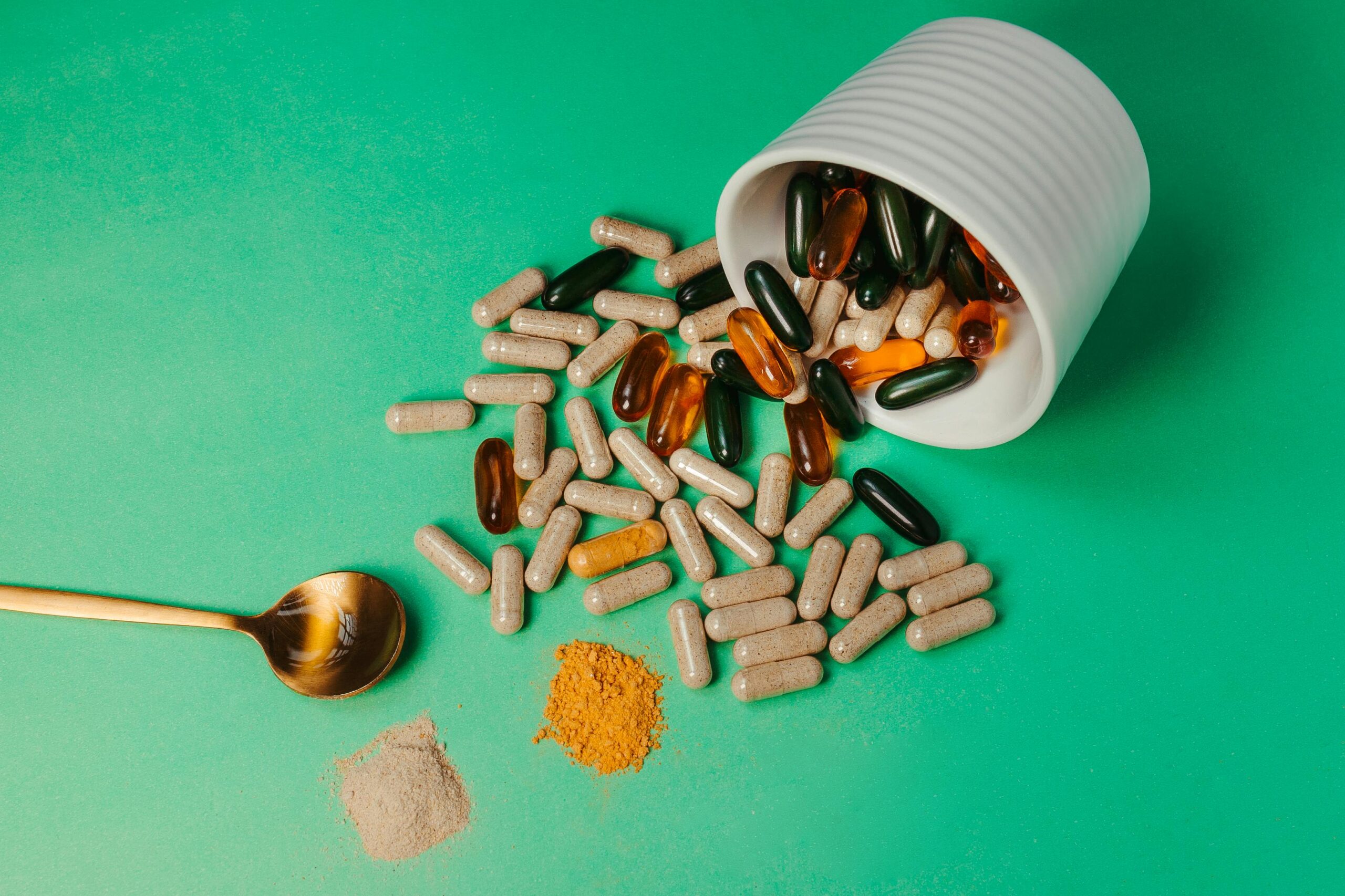Potassium is one of the most abundant minerals in the human body, next only to calcium and phosphorous. In most cases, people are not really required to take food supplements of potassium because it is available in foods such as bananas, orange juice, avocados, yogurt, and potatoes. It serves as an electrolyte, which is a mineral that takes a positive or negative charge when dissolved in the watery medium of body fluids.
To control blood pressure and muscle contraction and to keep the nerves, kidneys, and a number of other body processes working in mint condition, the body has to maintain these electrolytes in a fragile balance. Aside from being an electrolyte, it also aids in changing blood sugar, particularly glucose, which is considered the body’s foremost fuel, into glycogen.
Potassium has a number of health benefits, which include:

It promotes general health and maintains normal blood pressure. Potassium maintains blood pressure. According to studies conducted, participants with normal blood pressure who used 2,340 mg of potassium daily, which they derived from food, supplements, or both, had a lower risk of developing high blood pressure by 25%.
People who already have high blood pressure experience the most observable effects. If your diet is rich in potassium, daily doses of high blood pressure prescription medication can be lowered.

Helps protect the body against heart disease and stroke.
Potassium comes in powder, tablet, and liquid formulations. Most adults get an average of 5.6 grams of this herbal medicine per day. There is no recommended dietary allowance or RDA for potassium. Those that are sold over-the-counter cannot contain more than 99 mg of potassium per pill. This rule applies to multivitamin and mineral preparations as well. Higher doses of herbal medicine can be obtained by prescription only and are important in rare cases only, such as the use of diuretics.

Hypokalemia is an ailment that has a seriously low level of potassium. This is not a common occurrence, but it does happen to people who lose large amounts of fluid due to severe diarrhea, sweating, or vomiting. Hypokalemia happens to people who often have to take diuretics, which are medications that increase urination and, as a result, reduce the volume of fluid in the body. These drugs may control blood pressure, but they also promote the excretion of potassium through urine, posing the danger of very low potassium levels and resulting in muscle cramps and fatigue.
Rage endocrine disorders such as Liddle’s syndrome, Bartter’s syndrome, and Fanconi’s syndrome are also linked with hypokalemia. Severe potassium deficiency rarely occurs, and it manifests the following symptoms: muscle weakness, muscle twitching, paralysis, and abnormal heart rhythms. Short-term diarrhea usually signifies that potassium imbalances are mild and temporary. The body has the capacity to renew itself without the need for additional aid. When diarrhea becomes prolonged or dehydration occurs, low potassium problems can cause real complications that may require the use of professionally administered intravenous fluids that contain potassium, sodium, and other electrolytes.
In most cases, one can safely take up to 18 g of potassium per day. For those with high blood pressure, you need to consume potassium-rich foods only. Always take potassium with food to prevent stomach upset and nausea. Do not take the supplements if you take drugs that are known as potassium-sparing diuretics, such as amiloride, spironolactone, and triamterene. Corticosteroids, loop diuretics like bumetanied and furosemide, and thiazide diuretics can lower potassium levels in the body.
Always take the supplements under a doctor’s supervision.
Explore our website to learn more by clicking the following link: https://theremedypharm.com/compounding/




